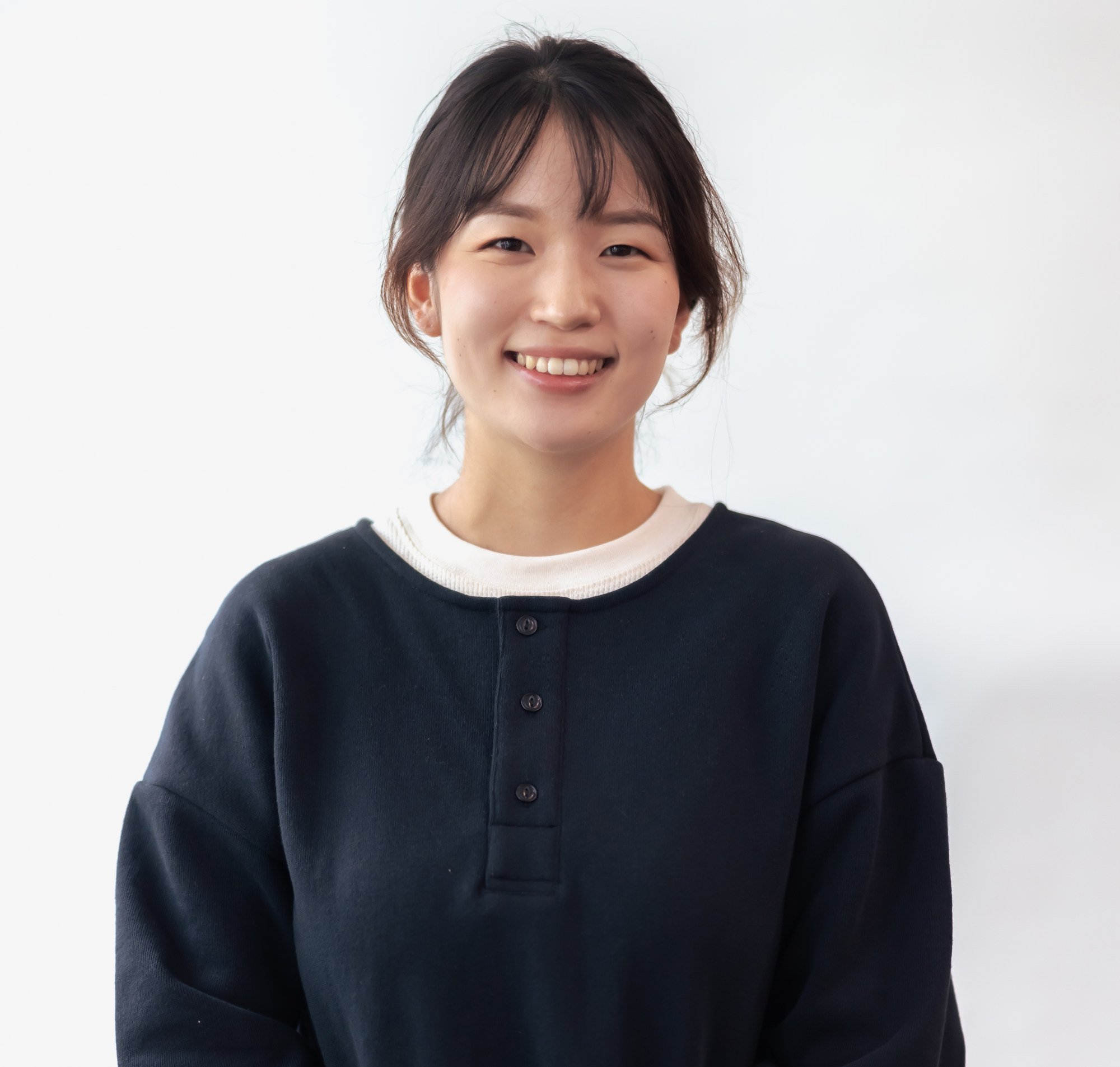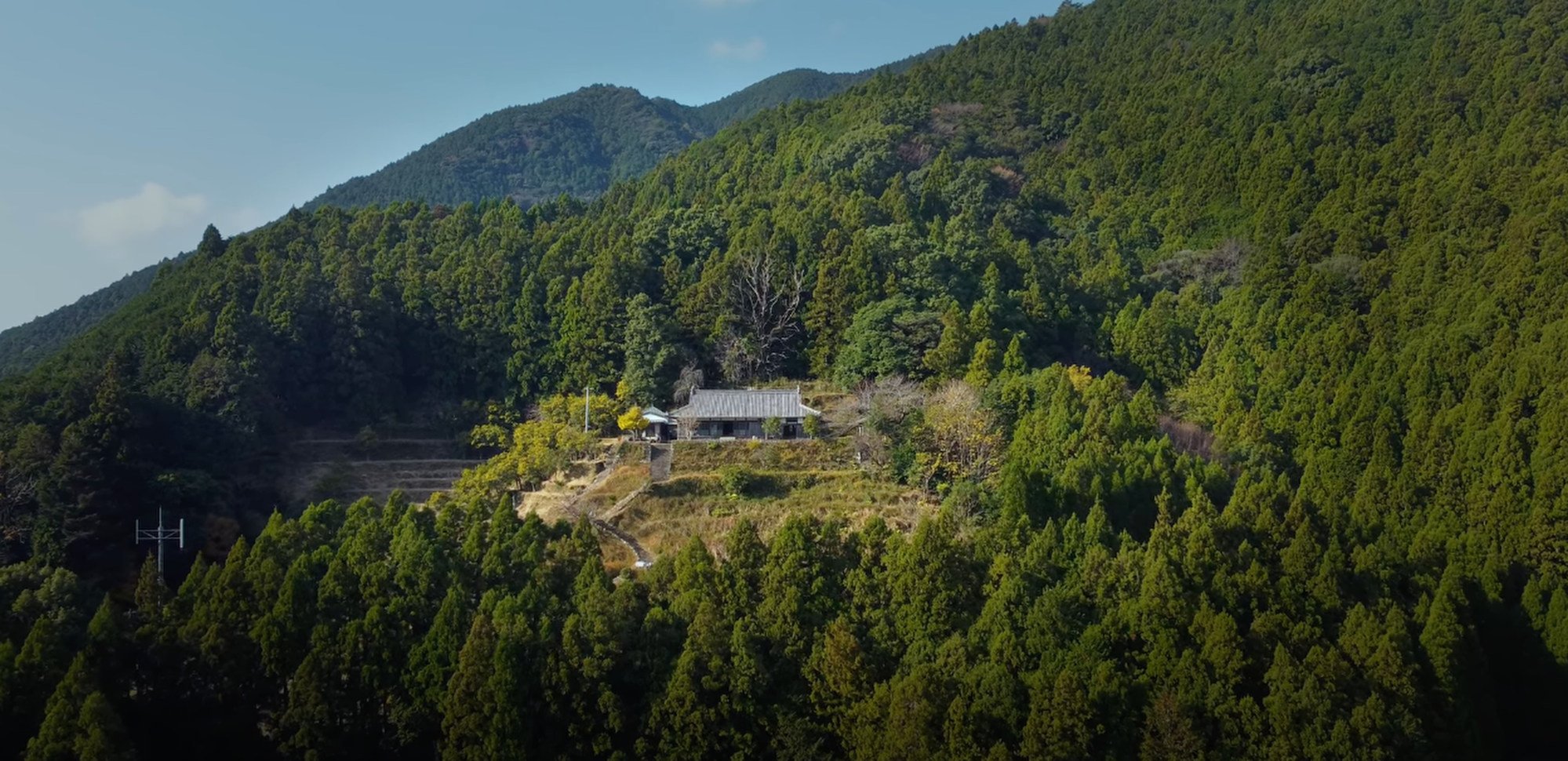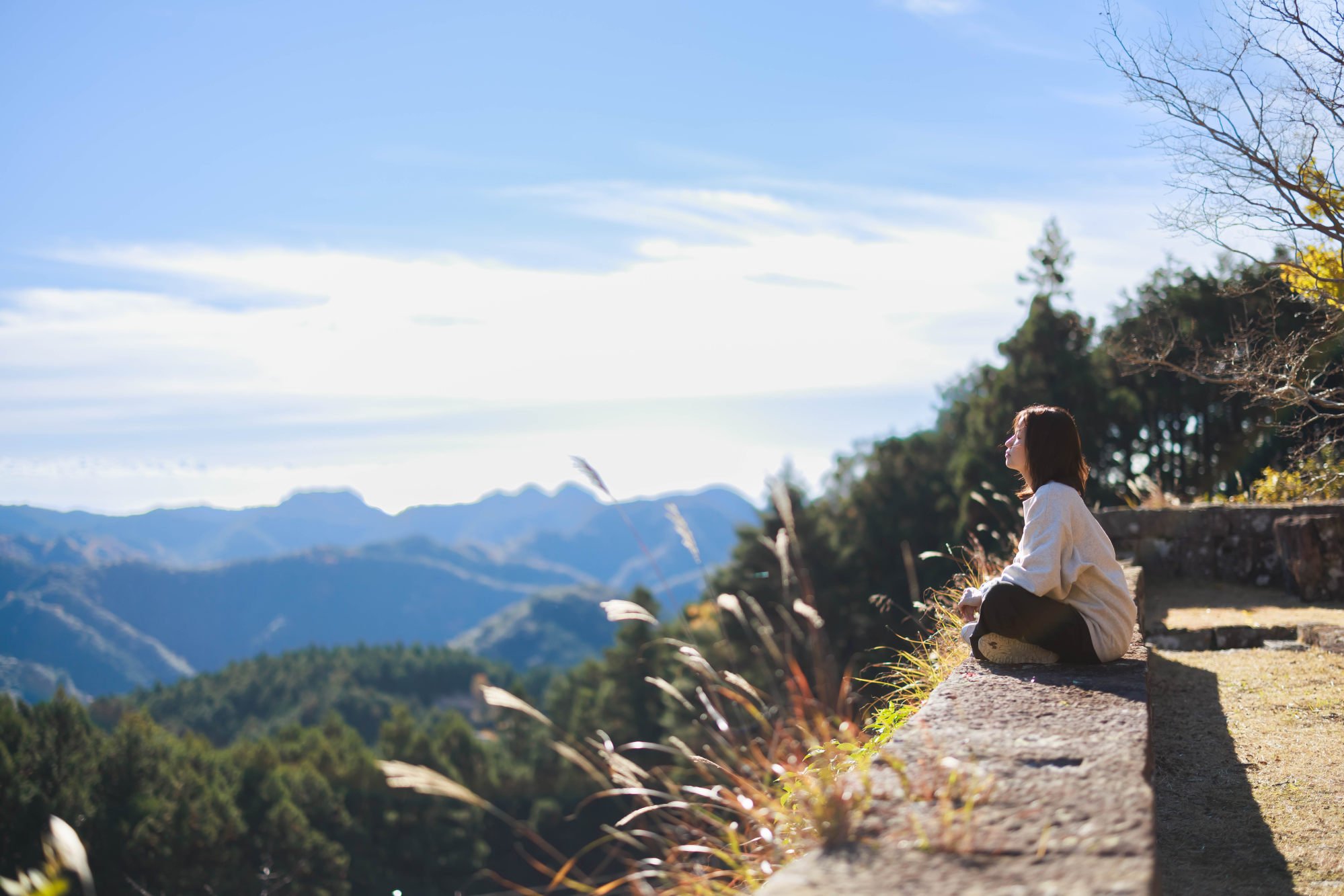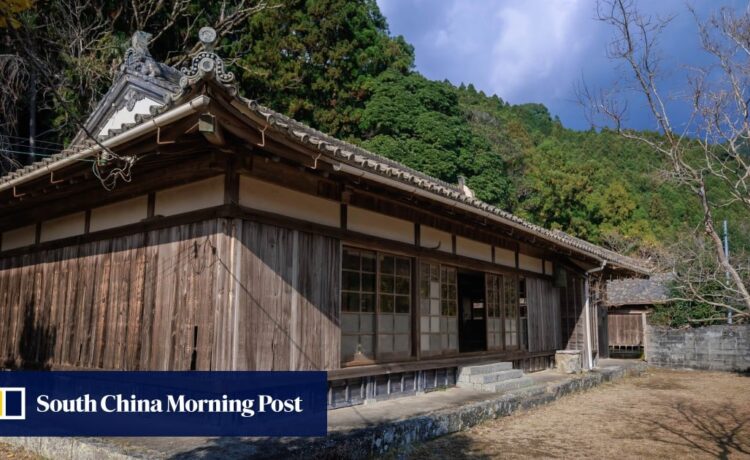Nishimura believes that along with an estimated 8 million old and abandoned homes in Japan, temples and onsens that no longer have caretakers present a compelling investment opportunity for foreigners drawn to Japan and its culture.
For example in Kanazawa, capital of Ishikawa prefecture, an average of 150 historical buildings and temples are either torn down or left empty each year, according to data from the Ministry of Land, Infrastructure, Transport and Tourism.
As monks grow older and retire, the number of abandoned temples will grow over the next 10 years, Nishimura said.

“The investment is not just for a financial return, but also to help the Japanese society” to preserve its culture and heritage, she said.
More than half of the investors in the start-up are Japanese, followed by Americans, who make up about a fifth. Other top sources of investors are the UK, Germany and Singapore. The latest batch of investors includes a few from Hong Kong and the Philippines, Nishimura said.
Under the scheme, 1,000 shares will be issued, with each investor entitled to as many shares as they wish to buy at 34,540 yen each.
As the Ryogonji property was signed over by the Religious Corporation of Ryogonji without cost, all funds will be spent on the renovation of the temple.
The only conditions on the transfer of ownership are that the temple building must continue to exist, the public space must remain open to local residents and the temple cannot be sold without consensus.
PlanetDao estimates that once it reaches 50 per cent occupancy at a rate of 100,000 yen per night, the return on investment will be 9 per cent.
Singaporean Daniel Lim, a 41-year-old life coach, is an early investor in the project. He put in S$3,000 (US$2,222) as his first property investment in Japan.
“I like what PlanetDao is doing, and honestly, I am not paying too much attention to the investment return,” Lim said. “I’m interested in seeing how this opportunity can support the community and what they can do for the locals there.”
Besides the potential dividend, investors may also be able to enjoy free stays and experiences inside the Irokawa community, including farm-to-table meals, local festivals and events such as mochi pounding by the residents. Such perks will be decided once all the investors are in place.

Just like any other investment, Nishimura said the project carries risks as well. Before opening for visitors, PlanetDao will have to secure permits and licences from the government.
“We have to prove that we can build the accommodation, so we don’t know yet how difficult [registration as accommodation] is going to be,” she said. “What we have now is that the temple is registered as a tangible cultural heritage.”
Should the government reject the registration, Nishimura said PlanetDao has stated in the investment contract that it will refund all the investors’ money.
With the property located on a hill, water supply could be challenging, limiting the number of private bathrooms the premises can support.
Profitability largely depends on the number of guests the project will attract.
The village, which used to have a population of 3,000 in the 1950s but has since dwindled to about 320, is known for organic farming and picturesque stone wall landscapes.
However, it is not close to any major airports. To get there, one must fly to the Nanki-Shirahama airport in Wakayama and then take a bullet train to Katsuura, where a bus departs for Irokawa. Alternatively, a train from Nagoya also stops in Katsuura.

“Hotels are a product, and they can be luxurious,” she said. “But the legacy and heritage are missing, because they are built to make a profit. Japanese temples are one of the main reasons many tourists visit Japan every year. It’s something that doesn’t change or fade away.”
Ownership at Ryogonji Temple translates to involvement with the local community, she added.
“If you’re the type who seeks the essence of the country, I feel that Ryogonji offers far more rewards on a human level, in addition to financial returns.”
















